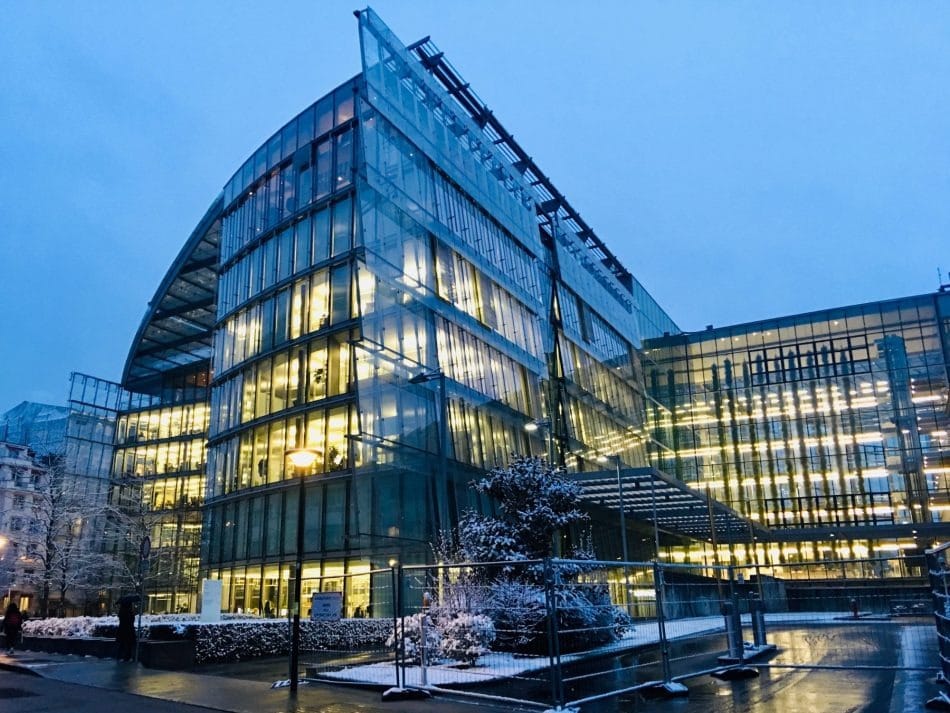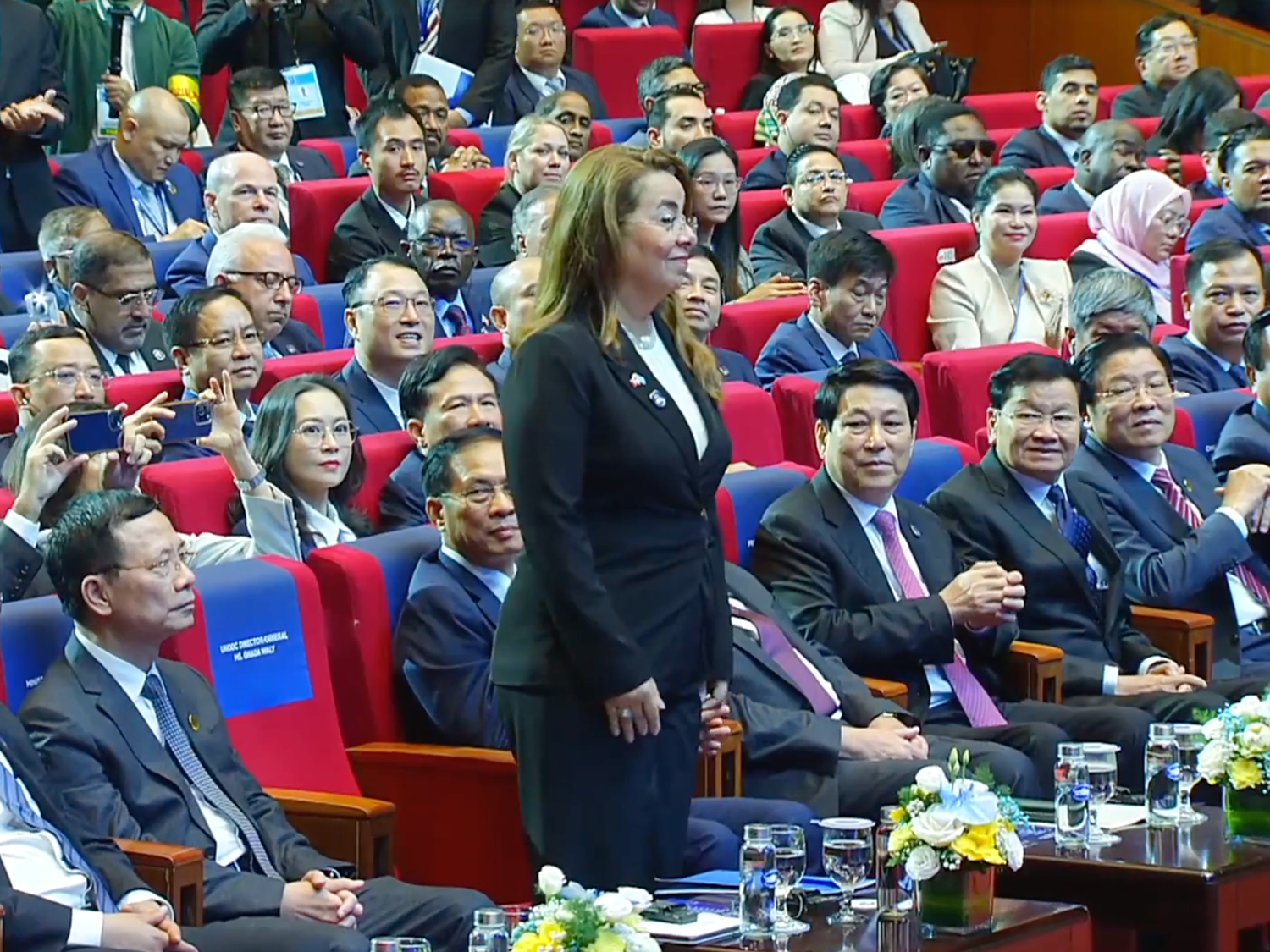GENEVA (AN) — A new Swiss foundation for "anticipatory" science diplomacy unveiled sweeping plans on Tuesday that include establishing a global science court, an international organization on quantum technology and an international treaty for artificial intelligence.
The Geneva Science and Diplomacy Anticipator, or GESDA, calls itself the first global tool for diplomacy based on the anticipation of science.









